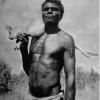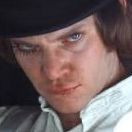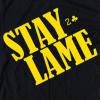Cormac McCarthy's The Road (spoilers) and it's movie adaptation
-
hello 2025!
supertalk is free to browse as a guest. You need to be a member to participate in discussions or buy and sell on the classifieds.
Classifieds listings are now free for members.
supertalk is now upgraded to //// supertalk 8 ////
______________________________________
Current new membership is $US 12 ONE TIME FEE. NO RENEWAL FEE.
______________________________________
You can also become a premium superseller or supermember. Businesses who want to promote their brand and products need to become a supersponsor. superfuture® is privately owned and has been online continuously for 26 years. supertalk has been online for 21 years and is a digital cockroach that will survive all current and future apocalypses.
-
Top 10 Active Viewed Topics
-
- 24431 replies
- 6940529 views
-
- 26784 replies
- 6450453 views
-
- 24770 replies
- 4787375 views
-
- 23117 replies
- 3901349 views
-
- 14067 replies
- 3746313 views
-
- 10651 replies
- 3303079 views
-
- 21292 replies
- 3134876 views
-
- 13320 replies
- 2970246 views
-
- 11653 replies
- 2727894 views
-
- 8534 replies
- 2647439 views
-












Recommended Posts
Join the conversation
You can post now and register later. If you have an account, sign in now to post with your account.